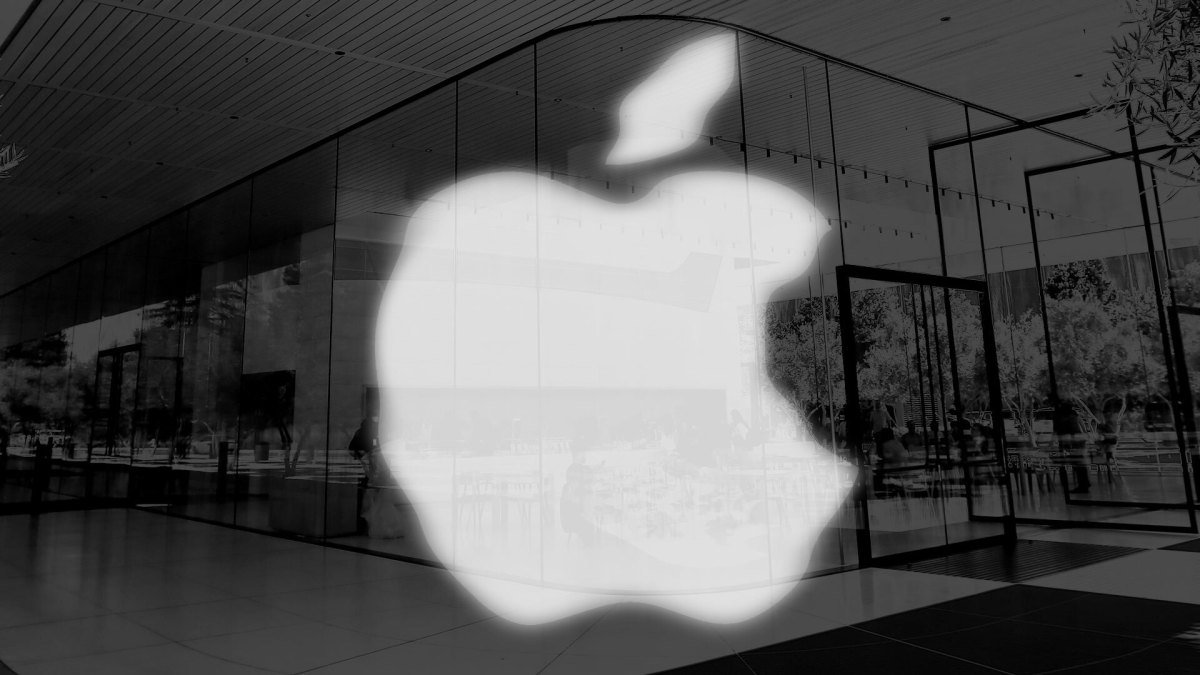The U.S. Department of Justice has taken legal action against Apple on Thursday, accusing the tech giant of monopolistic practices. In a complaint filed by the DOJ, it is alleged that Apple has shaped its privacy and security practices in ways that primarily benefit the company financially.
“Apple deploys privacy and security justifications as an elastic shield that can stretch or contract to serve Apple’s financial and business interests,” the DOJ stated.
The DOJ further claims that Apple cloaks itself in the guise of privacy, security, and consumer preferences to justify its anti-competitive behavior. The company spends billions on marketing and branding to propagate the notion that only Apple can safeguard consumers’ privacy and security.
This is not the only instance where the DOJ believes that Apple is using privacy as a means to degrade customer experiences. The complaint highlights other areas where the tech giant is exploiting privacy for its own gain. These include:
- The App Store and app distribution
- Messaging
- Data sharing practices
The DOJ points out that although Apple does not allow the creation and usage of alternative app stores, it does permit governments and enterprise customers to install secure app stores. Additionally, the company does not allow developers to offer a separate app store specifically for children. However, certain changes have been enforced by the European Union through its Digital Markets Act (DMA).
The DOJ also mentions that Apple selectively allows users to sideload apps on Mac with minimal restrictions, while App Store developers face several limitations. The complaint also argues about Apple’s restrictions on developing “super apps” that could potentially compete with the App Store for services.
In terms of messaging, the DOJ alleges that Apple hinders the integration of third-party messaging apps with carrier-based (SMS) messages. The company marks these messages as “private” in its API documentation, making it difficult for other developers to access them. While Apple’s own Messages app allows users to text anyone by simply typing in their number, such a feature is not available on other messaging apps.
Moreover, the DOJ states that Apple makes iPhones less secure by not implementing encryption protection when sending messages to Android users. The complaint also addresses Apple’s data-sharing practices, stating that the company uses “vast amounts of personal and sensitive data” to distribute apps through its App Store. It also accuses the company of using user data for targeted advertising.
Additionally, the lawsuit mentions Apple’s deals with Google to make its search engine the default for Safari, despite the company being aware of privacy-focused alternatives. The DOJ argues that this restricts competition in the search engine market.
The complaint encapsulates the DOJ’s belief that Apple’s privacy and security practices are pretextual, and the company chooses “alternative courses” to protect its monopoly. In essence, the DOJ contends that Apple’s actions are harming competition and ultimately consumers.








